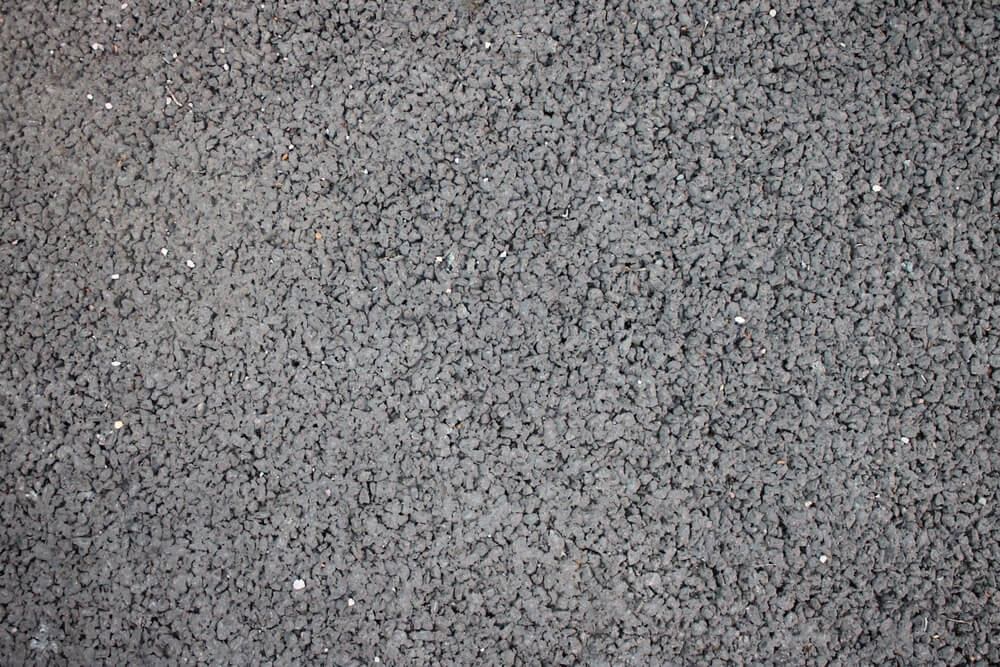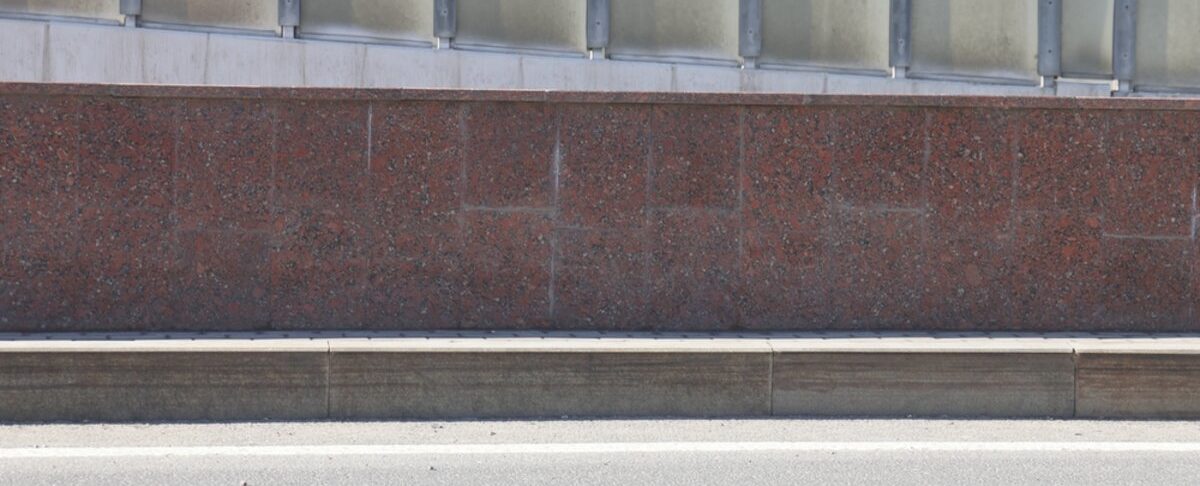As sustainability and environmental consciousness continue to shape the construction industry, innovative solutions are emerging to address issues related to water runoff, flooding, and pavement longevity. One such advancement is permeable asphalt, a material designed to allow water to pass through its surface rather than accumulating and causing drainage problems. But is permeable asphalt the future of driveway design? Let’s explore its benefits, challenges, and long-term viability in residential and commercial applications.
What Is Permeable Asphalt?
Permeable asphalt, also known as porous asphalt, is a specially designed pavement system that allows water to seep through its surface and filter into the underlying layers. Unlike traditional asphalt, which repels water and can contribute to runoff issues, permeable asphalt integrates a network of interconnected voids that facilitate water absorption and groundwater recharge.
This type of pavement is composed of a standard asphalt binder mixed with larger aggregate particles, leaving spaces that allow water to flow through. A key component of a permeable asphalt driveway is the underlying stone reservoir, which temporarily holds and gradually disperses water into the soil below.
Benefits of Permeable Asphalt for Driveways
Superior Drainage and Reduced Runoff
One of the biggest advantages of permeable asphalt is its ability to prevent water accumulation. Traditional driveways often suffer from standing water, erosion, and flooding, especially during heavy rainfall. Permeable asphalt mitigates these concerns by allowing water to penetrate the surface rather than pooling or running off into storm drains.
Eco-Friendly and Groundwater Recharge
Unlike conventional asphalt, which contributes to surface runoff and potential contamination of water sources, permeable asphalt allows rainwater to filter through and replenish natural groundwater supplies. This reduces strain on stormwater systems and helps maintain a healthier water cycle.
Prevention of Ice Formation
During winter months, ice formation on driveways can pose a major safety hazard. Because permeable asphalt absorbs water instead of allowing it to freeze on the surface, it significantly reduces the likelihood of ice patches forming, making driveways safer for homeowners and visitors.
Durability and Longevity
While some may assume that permeable asphalt is less durable than traditional options, when properly installed and maintained, it can last just as long—if not longer. Its ability to manage water effectively reduces damage from freeze-thaw cycles and minimizes cracking and potholes over time.
Reduction of Urban Heat Island Effect
Urban areas often experience higher temperatures due to the heat-absorbing properties of traditional pavement. Permeable asphalt helps alleviate this issue by allowing water evaporation to cool the surrounding environment, making it an excellent choice for both driveways and public spaces.
Challenges and Considerations
While permeable asphalt offers numerous benefits, there are also challenges to consider before choosing it for a driveway project.
Higher Initial Cost
Compared to traditional asphalt, permeable asphalt typically has a higher upfront cost due to the specialized materials and installation process. However, the long-term savings on maintenance and stormwater management may offset these initial expenses.
Maintenance Requirements
To maintain the effectiveness of permeable asphalt, periodic maintenance is necessary. Over time, sediment and debris can clog the porous surface, reducing water permeability. Regular cleaning, such as vacuuming or power washing, is essential to ensure proper function.
Not Suitable for All Soil Types
Permeable asphalt works best in areas with well-draining soil that allows water to disperse effectively. If installed over heavy clay soil with poor drainage, its effectiveness may be compromised, requiring additional sub-base modifications.
Load-Bearing Limitations
While permeable asphalt is durable, it may not be suitable for areas experiencing heavy vehicular traffic or constant weight loads. It is primarily recommended for residential driveways, parking lots, and low-traffic roads.
How Permeable Asphalt Compares to Other Driveway Materials
When considering permeable asphalt for a driveway, it’s useful to compare it with other popular options.
Traditional Asphalt
While this option has a lower initial cost, is widely available, and is easy to install, it is also prone to water runoff, requires frequent repairs, and contributes to the heat island effect.
Concrete Pavers
This option is customizable, aesthetically pleasing, and highly durable, but it can be expensive, requires periodic sealing, and may contribute to runoff.
Gravel Driveways
This option is affordable, provides excellent drainage, and is easy to install, but it can be messy, requires frequent replenishment, and offers a less stable surface.
Is Permeable Asphalt the Future of Driveway Design?
As climate change and environmental concerns become more pressing, cities and homeowners are seeking sustainable solutions to minimize water runoff and mitigate stormwater management costs. Permeable asphalt presents a viable option that addresses many of these concerns while maintaining the functional benefits of traditional pavement.
In areas prone to heavy rainfall or strict environmental regulations, permeable asphalt is already gaining traction as a preferred driveway material. Municipalities are incorporating it into green infrastructure projects, and forward-thinking homeowners are embracing it as a long-term investment in both sustainability and durability.
While it may not completely replace traditional asphalt in all applications, its increasing adoption suggests that it will play a significant role in the future of driveway and road design. As technology advances and installation costs decrease, permeable asphalt is likely to become an even more attractive option for property owners looking to combine aesthetics with environmental responsibility.
The Future of Driveway Design: Embracing Permeable Asphalt

Permeable asphalt is a practical, eco-friendly solution for managing runoff, preventing damage, and promoting sustainability. While it has higher upfront costs and maintenance needs, its long-term benefits make it a smart choice for durable, weather-resistant driveways. As its advantages become more recognized, it’s shaping the future of modern driveway design. Considering an upgrade? Contact Richfield Blacktop today to learn more.




